Rediscovering the Living Legacy of the Maya People on the Yucatan Peninsula
In the collective imagination, the mention of the Maya often conjures up images of ancient ruins, majestic pyramids, and enigmatic glyphs carved into stone.
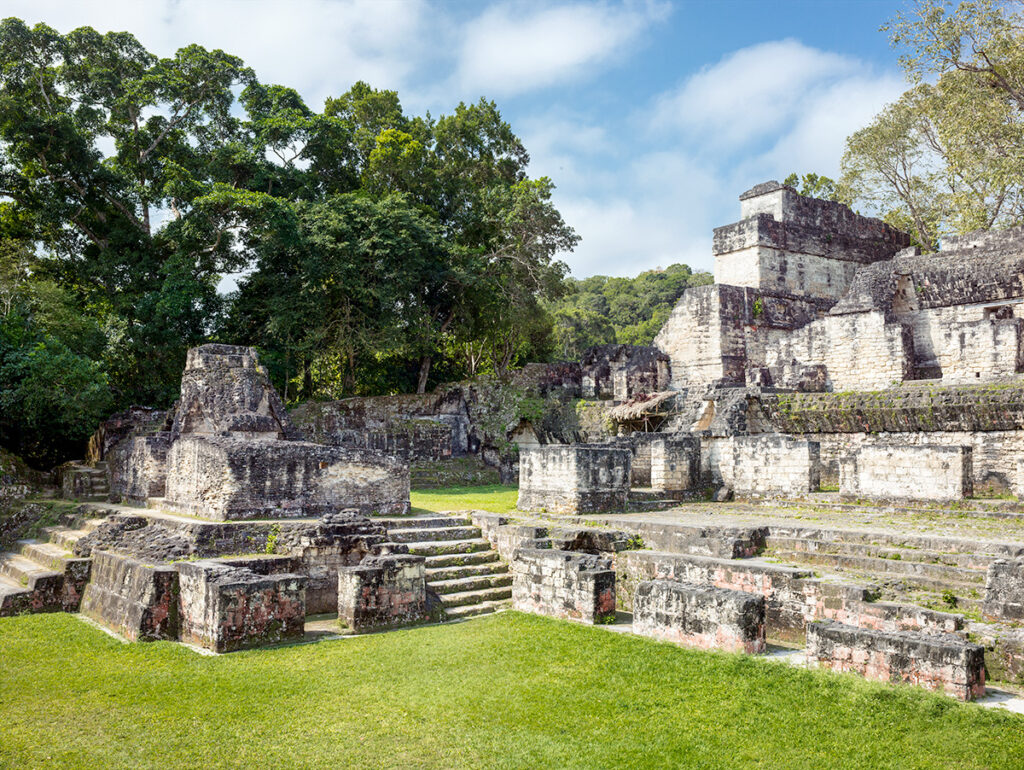
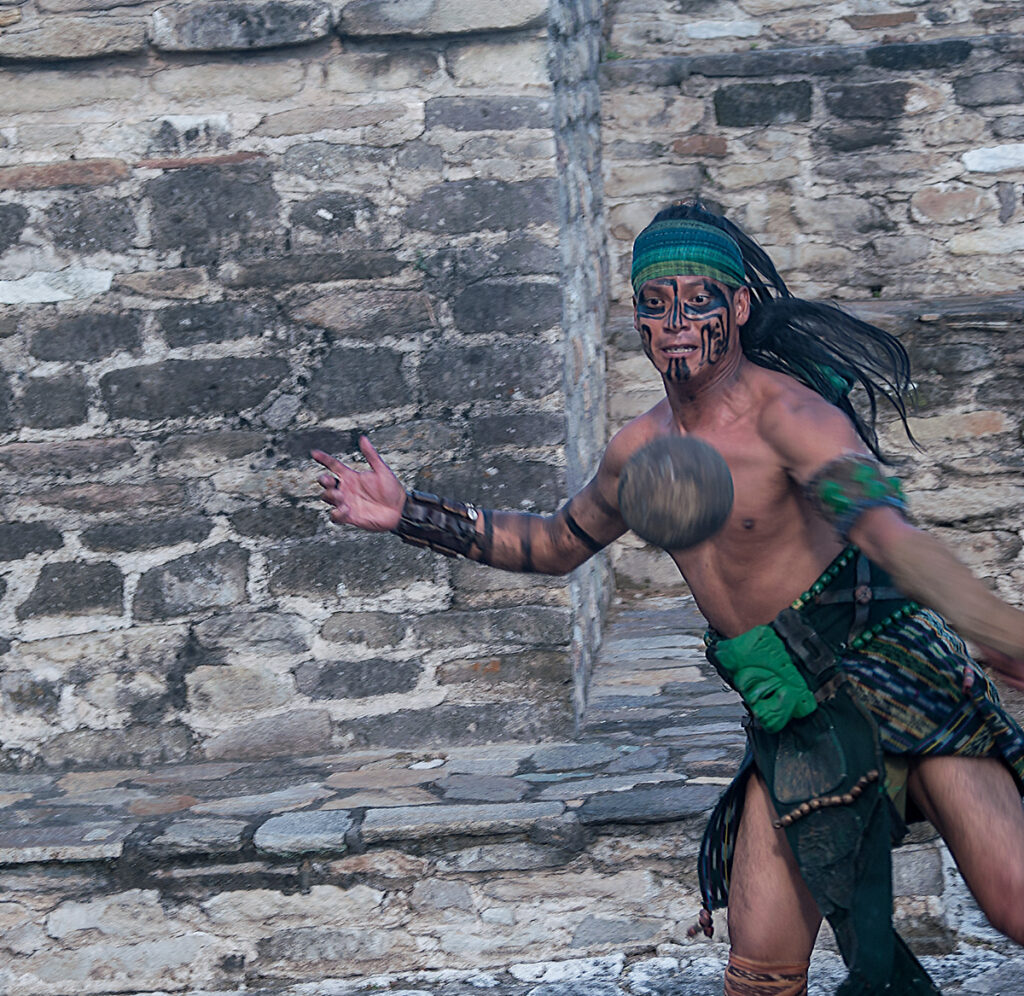
Indeed, the Maya civilization, with its architectural wonders like Chichen Itza and Tulum, continues to captivate the world with its rich history and cultural heritage. However, beyond the ruins lies a vibrant and enduring culture—the modern Maya people—who continue to thrive on the Yucatan Peninsula, their ancestral homeland.
Not only a glimpse into the past:
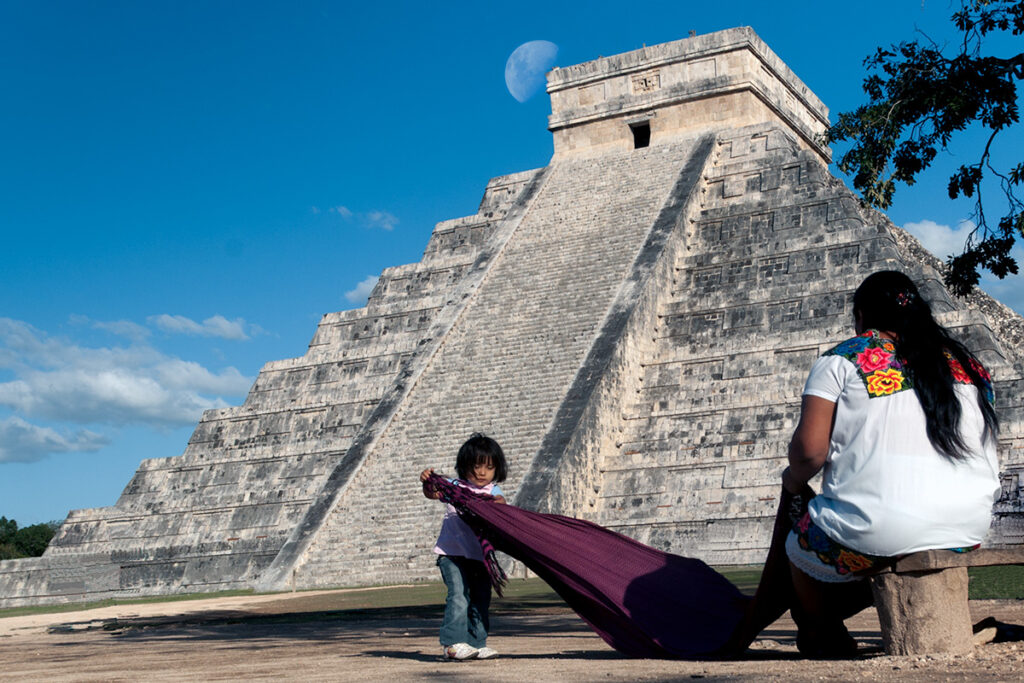
While the ruins of Chichen Itza and other archaeological sites offer a glimpse into the past, it is amidst the bustling markets, traditional villages, and vibrant communities that one truly encounters the living spirit of the Maya
From the colorful textiles woven with intricate designs to the traditional cuisine infused with ancient flavors, the Maya culture permeates every aspect of life on the peninsula.
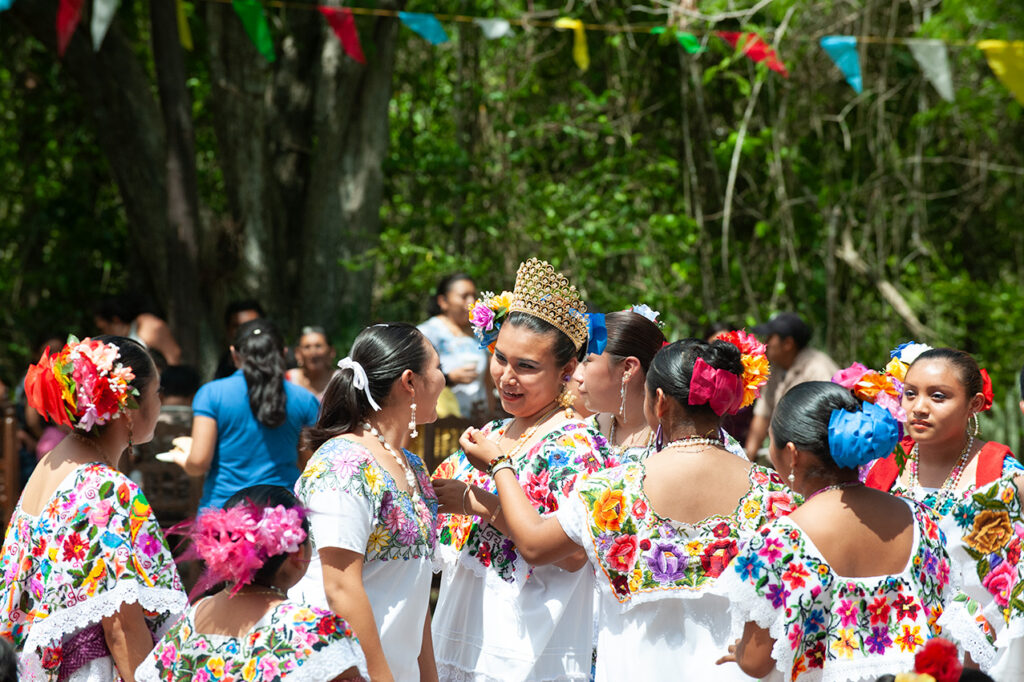
Knowledge, Respect and appreciation:
As visitors flock to the Yucatan Peninsula in search of adventure and enlightenment, there is much to be learned from the Maya people who have called this land home for millennia. Beyond the tourist attractions lies a wealth of knowledge, wisdom, and perspective waiting to be discovered.
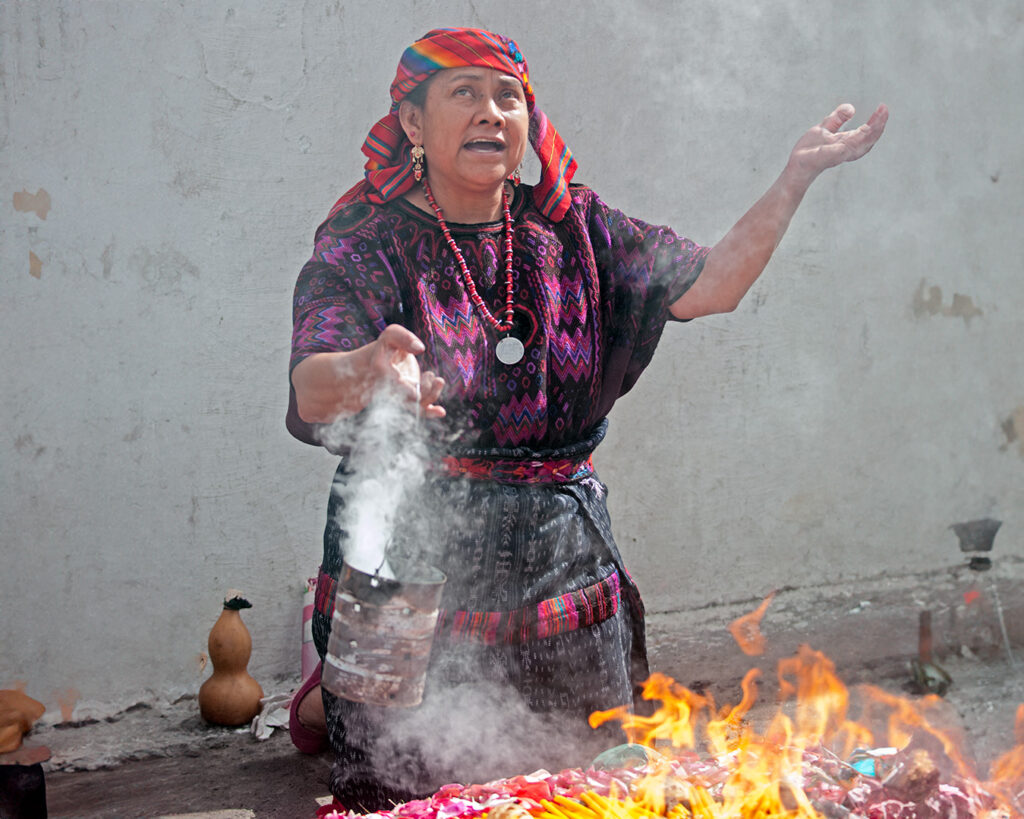
Whether it’s through participating in a traditional ceremony, learning about medicinal plants from a local healer, or simply engaging in conversation with members of the community, there are countless opportunities to gain insights into the Maya way of life.
Preservation:
In a world increasingly dominated by globalization and homogenization, the resilience of indigenous cultures like the Maya serves as a powerful reminder of the importance of preserving diversity and honoring heritage.
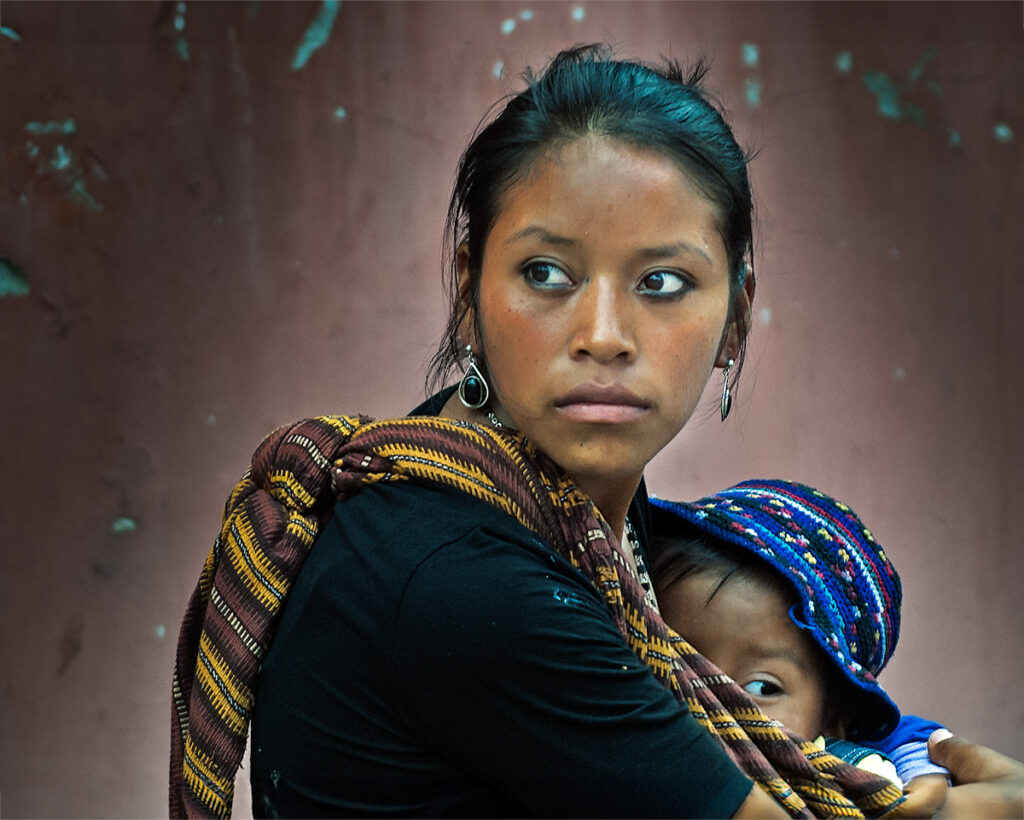
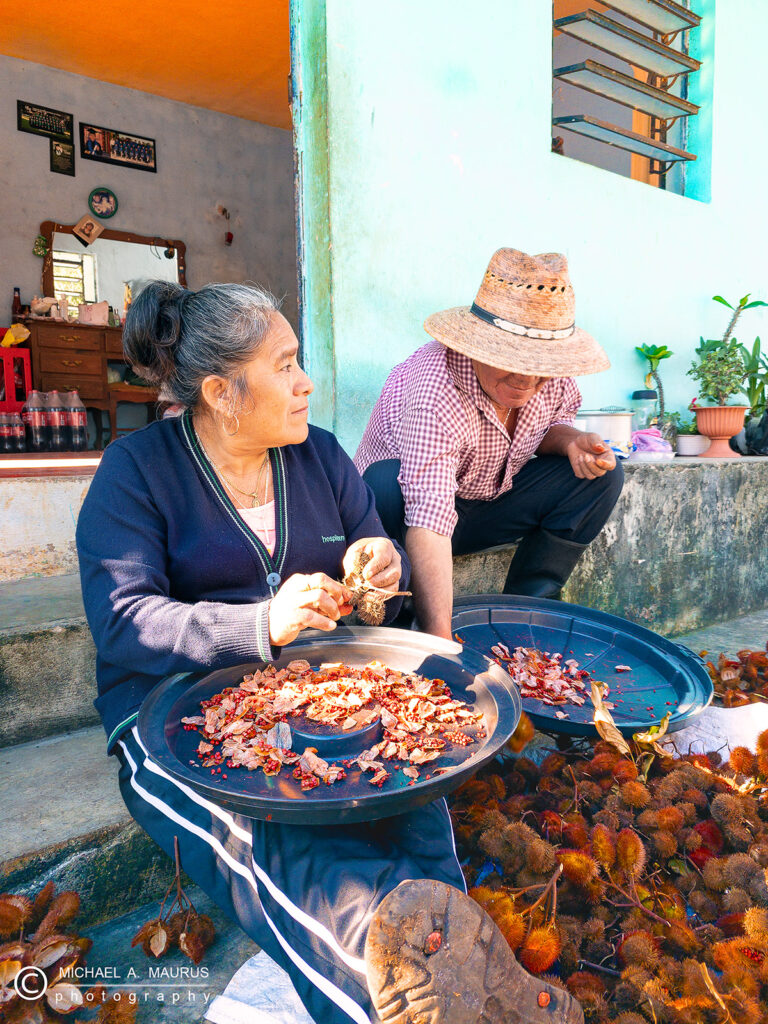
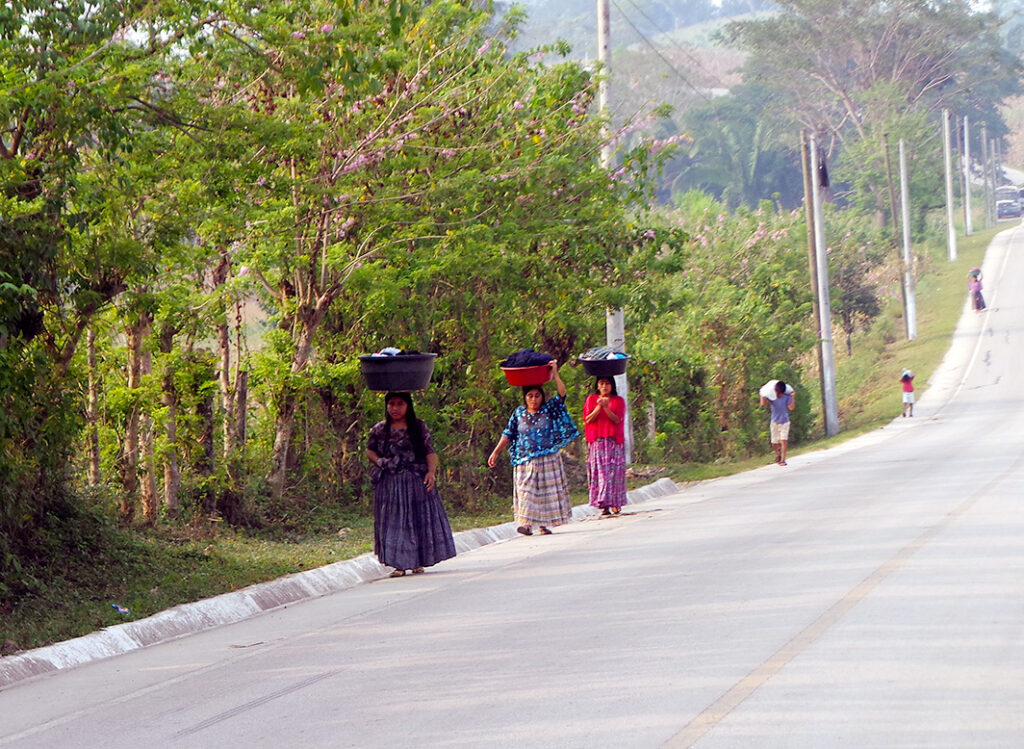
As we marvel at the ancient wonders left behind by the Maya civilization, let us also recognize and celebrate the living legacy of the Maya people who continue to shape the cultural landscape of the Yucatan Peninsula. By embracing their traditions, respecting their land, and listening to their stories, we can gain a deeper appreciation for the rich tapestry of human experience that extends far beyond the confines of history books and archaeological sites.
